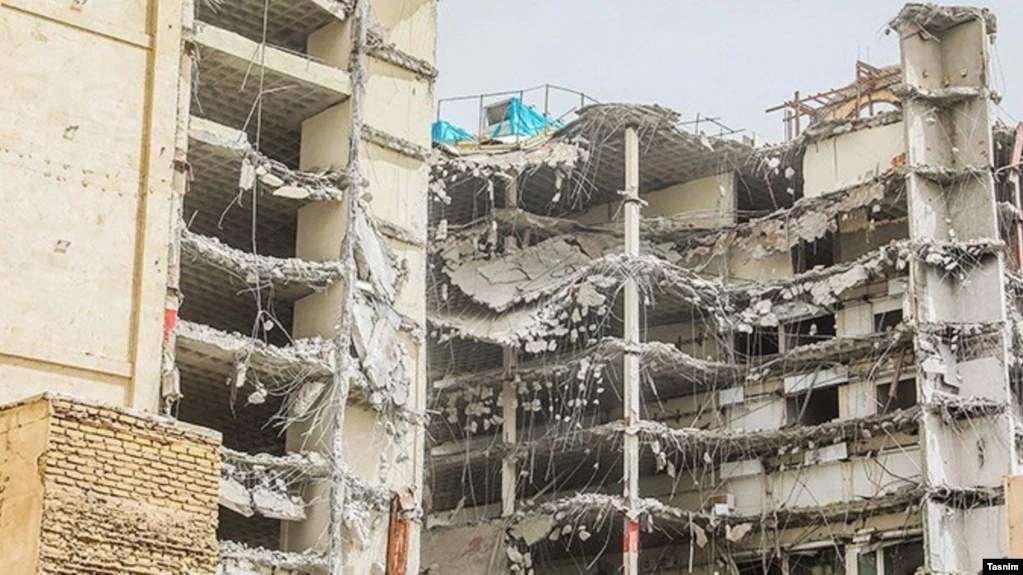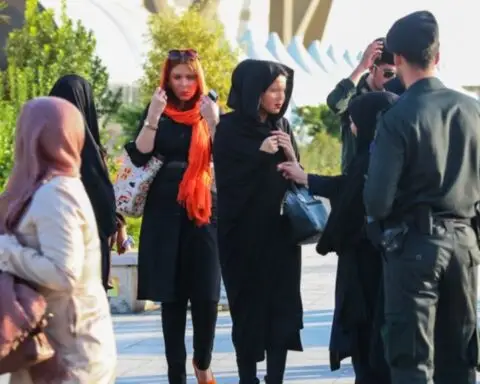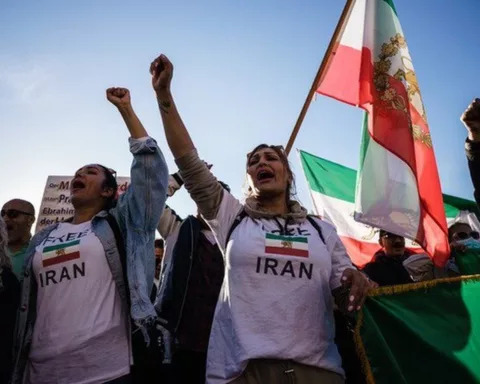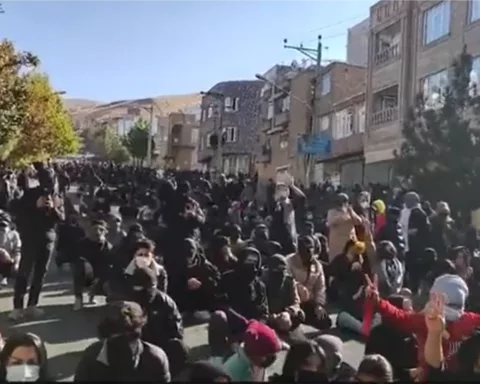The Big Issue. Residents of Iran’s southwestern city of Abadan have staged nightly protests since a 10-story building collapsed on May 23, killing at least 37 people. It was one of the country’s deadliest disasters in recent years. Demonstrations have also been held in major cities like Isfahan. Authorities have blamed the collapse on poor safety and local corruption and said a dozen people, including the current mayor, have been arrested. But the protesters have put the blame on government negligence and endemic corruption. The authorities’ slow response has added to public anger. Supreme Leader Ayatollah Ali Khamenei only offered his condolences to the victims three days after the disaster. The government, meanwhile, only declared a day of national mourning a week after the collapse.
Why It Matters. The building collapse has exposed rising anger at Iran’s establishment. Protesters initially directed their fury at local authorities. But the target of their protests quickly became the clerical regime, with demonstrators chanting “Death to Khamenei” and “Death to the dictator,” also a reference to the supreme leader. Anti-government protests have increased in Iran in recent years. The economy has been crippled by U.S. sanctions and government mismanagement, with poverty and unemployment soaring. Before the protests over the building collapse, authorities had faced weeks of protests in at least seven provinces over the skyrocketing prices of basic food items.
What’s Next. The protests in Abadan, located in Khuzestan Province, are likely to continue at least for the short term. In recent days, authorities have disrupted the Internet and used tear gas to quell the rallies. A video uploaded online appeared to show a security officer firing a weapon as police cleared the streets of protesters. Eventually, the protests will end but the anger at authorities will not subside. Residents of Khuzestan, one of Iran’s poorest regions, have long complained that they do not benefit from the province’s vast natural resources. The province, where most of the population is from the Arab minority, was the scene of violent anti-government protests in 2019 and 2021.
Stories You Might Have Missed
RFE/RL’s Radio Farda produced a video about the dramatic rise in food prices in Iran. Shot in Tehran, the footage shows that many Iranians have grown increasingly hopeless as they struggle to make ends meet. The cost of bread, cooking oil, and eggs more than doubled after the government cut subsidies for basic food items. Protests over hyperinflation have largely been quelled by the authorities but Iranian consumers remain angry and desperate.
Jailed Iranian-American businessman Siamak Namazi has accused authorities of hypocrisy after Iran’s foreign minister took part in the World Economic Forum in Davos, Switzerland. In an open letter, Namazi said he had been jailed by Iran for attending the same forum. In the past, authorities have accused the event’s organizers of working to overthrow the Iranian regime. In 2015, Namazi was sentenced to 10 years in prison on what the United States and United Nations say were trumped-up spying charges. He is one of four Americans held in Iran.
What We’re Watching
Iran seized two Greek oil tankers in the Persian Gulf on May 27 in apparent retaliation for Athens impounding an Iranian-flagged oil tanker in April. The United States confiscated the oil cargo from the Iranian-flagged vessel due to U.S. sanctions on the purchase of Iranian oil. The tanker was later released. Iran’s Islamic Revolutionary Guards Corps (IRGC) accused the Greek tankers of unspecified “violations” and released a video of its naval forces seizing the vessels. Washington has called on Iran to immediately release the tankers.
Why It Matters. Tehran’s seizure of the Greek vessels appears to be a show of force as shipping seizures mount amid rising international tensions with Iran and in the Gulf region. Those tensions have increased as Tehran and Washington remain deadlocked in talks over reviving the 2015 nuclear deal between Iran and world powers. By seizing the Greek tankers, Tehran has also issued a warning to other countries not to cooperate with the United States and confiscate Tehran’s oil. Despite U.S. sanctions, Iran has continued to sell limited amounts of its oil.
Golnaz Esfandiari





